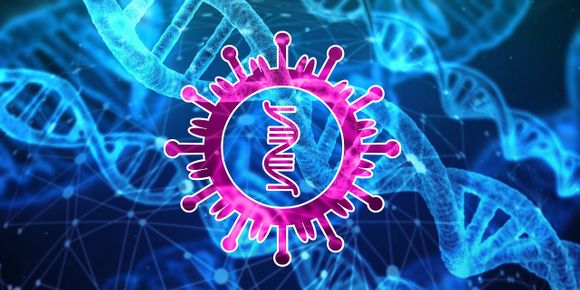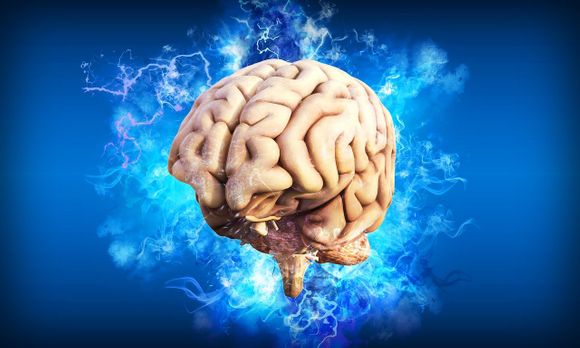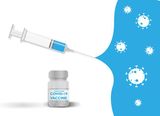Author: Rositsa Tashkova, Master of Molecular Biology and Microbiology
Is it possible that the technology behind the creation of RNA vaccines against coronavirus, holds the answer to the question of how to treat multiple sclerosis?
In this article:
- What is the link between the mRNA vaccine against COVID-19 and multiple sclerosis
- What is multiple sclerosis
- How the new treatment works and why it is better than the classic one
- Why it is possible to find a cure of multiple sclerosis faster and is it going to be expensive
The link between COVID-19 vaccine and multiple sclerosis
The vaccine against COVID-19, which has demonstrated the greatest effectiveness and has so far been administered to tens of millions of people worldwide (the number of people vaccinated, with any of the approved vaccines, as of January 12, 2021 is over 28 million people) [ref.1], is that of Pfizer and BioNTech - Comirnaty.
It is based on the technology in which the mRNA encoding the spike protein of SARS-CoV-2 is introduced into our cells using tiny lipid capsules. This mRNA provides cells with instructions for the synthesis of the antigen in question, which subsequently leads to our immune system being trained to recognize it and, in the next real encounter with the virus, to react quickly by disarming it.

Following the success of the vaccine, BioNTech founder Ugur Şahin and his team have focused their efforts on developing the potential for mRNA to be used to treat multiple sclerosis as well. [ref.2]
Their scientific interest in the use of mRNA for treatment does not begin with the development of a vaccine against the new coronavirus. Before it appeared, BioNTech researchers were looking for a way to use mRNA as immunotherapy to treat cancer. As mRNA is a universal cellular tool, its potential is not limited to vaccine development.
Multiple sclerosis - an autoimmune disease
Multiple sclerosis is an autoimmune disease - when your own immune cells attack the myelin layer, which protects nerves from indiscriminate transmission of nerve impulses. Therefore, the common approach to disease control is to suppress the immune system, but this puts patients at high risk for infections.
How does the mRNA treatment work and is it better
Dr. Uğur Şahin and his team applied mRNA treatment encoding autoantigen associated with multiple sclerosis to various mouse models of the disease. The results of the study are promising - the symptoms of rodents suffering from the disease were relieved, and in those who only had first signs of multiple sclerosis, the disease did not develop.
Through this therapy, the immune system is trained to have a higher tolerance threshold to multiple sclerosis-specific proteins - autoantigens that otherwise trigger an immune response that damage the myelin layer.
Unlike classical treatment, in this case there is no suppression of the normal immune defense of the body, but only training, which affects a strictly defined autoantigen and the reaction to it.
COVID-19 might make it possible to find a cure for multiple sclerosis faster and cheaper
Although the creation of such drugs has so far taken a long time, with the rapid development of an effective vaccine against the new virus, scientists have proven that life-saving therapies are possible and need to be delivered to those in need in a shorter time and at a lower cost. One dose of Pfizer/BioNTech vaccine in the EU costs about 15 euro. By comparison, the cost of treating multiple sclerosis in the United States costs between $ 3,000 and $ 70,000 a year, according to a 2017 report. [ref.3, ref.4]
To an even greater extent, this applies to this potential new therapy of multiple sclerosis, since the coronavirus crisis has made it possible to create and study lipid nanoparticles (in which mRNA is wrapped) in clinical trials a process that would otherwise be much slower.
The pandemic has made it possible to quickly determine the effectiveness and safety of this technology - and this opens doors to all future available treatments based on it.









